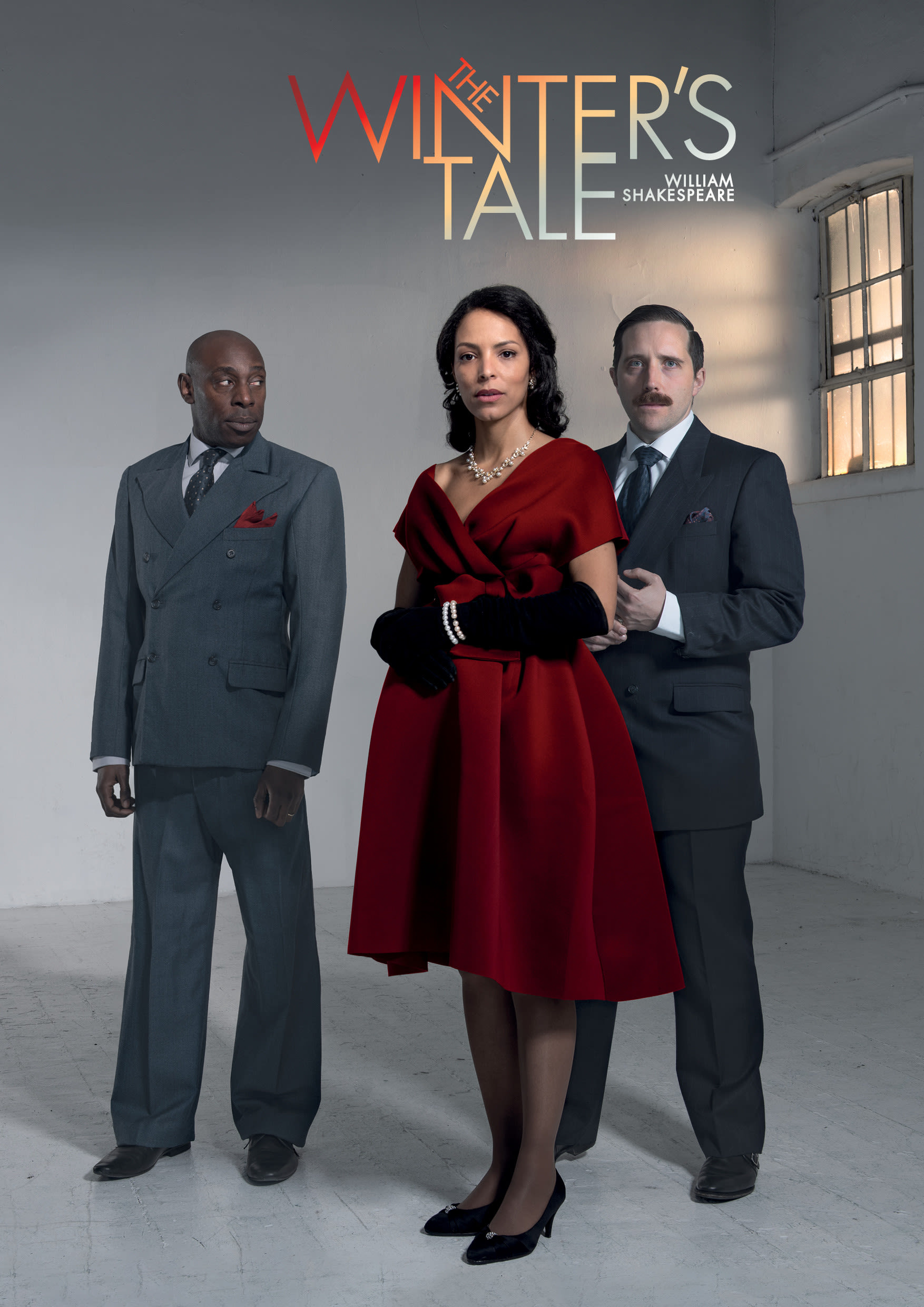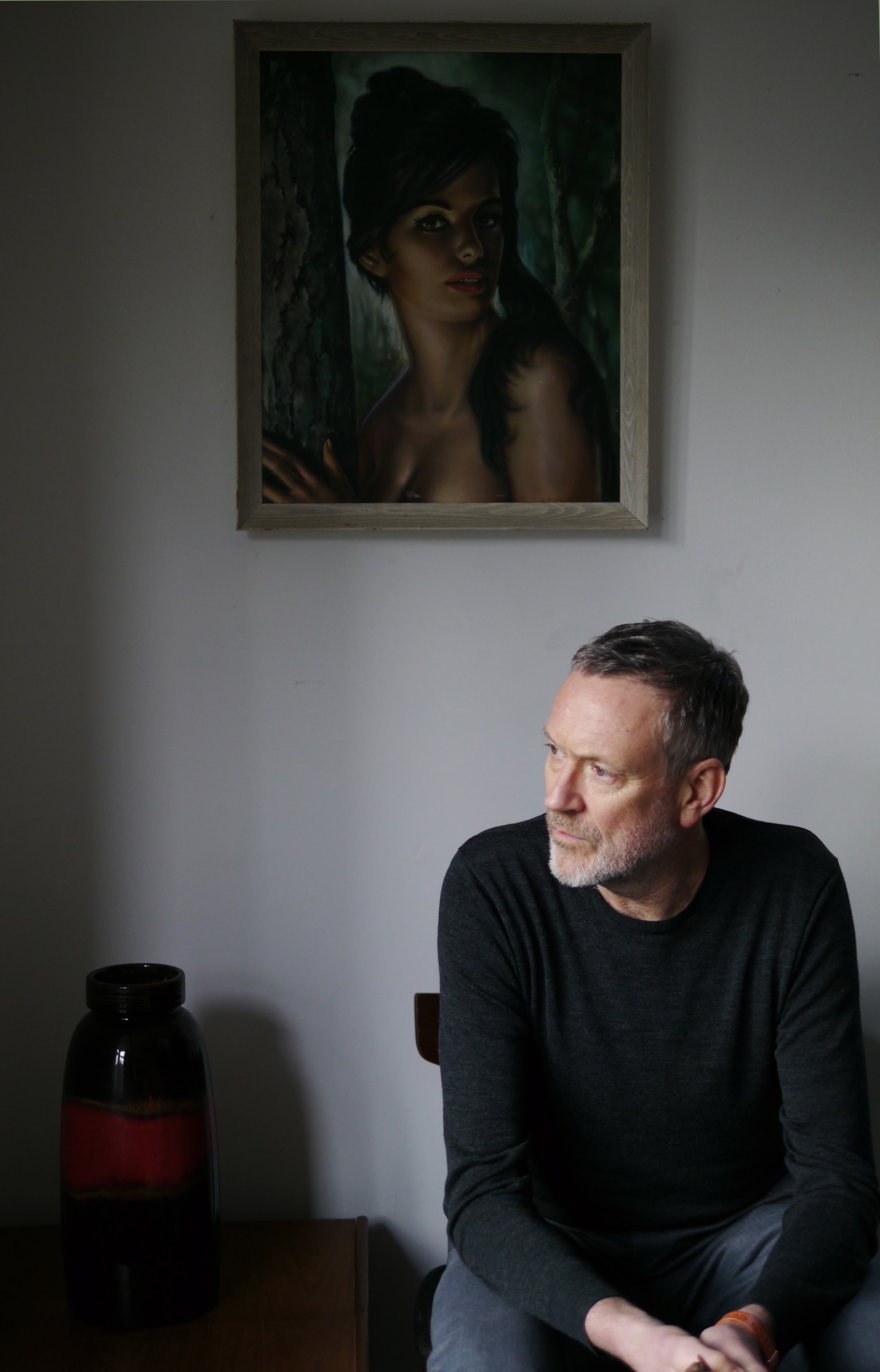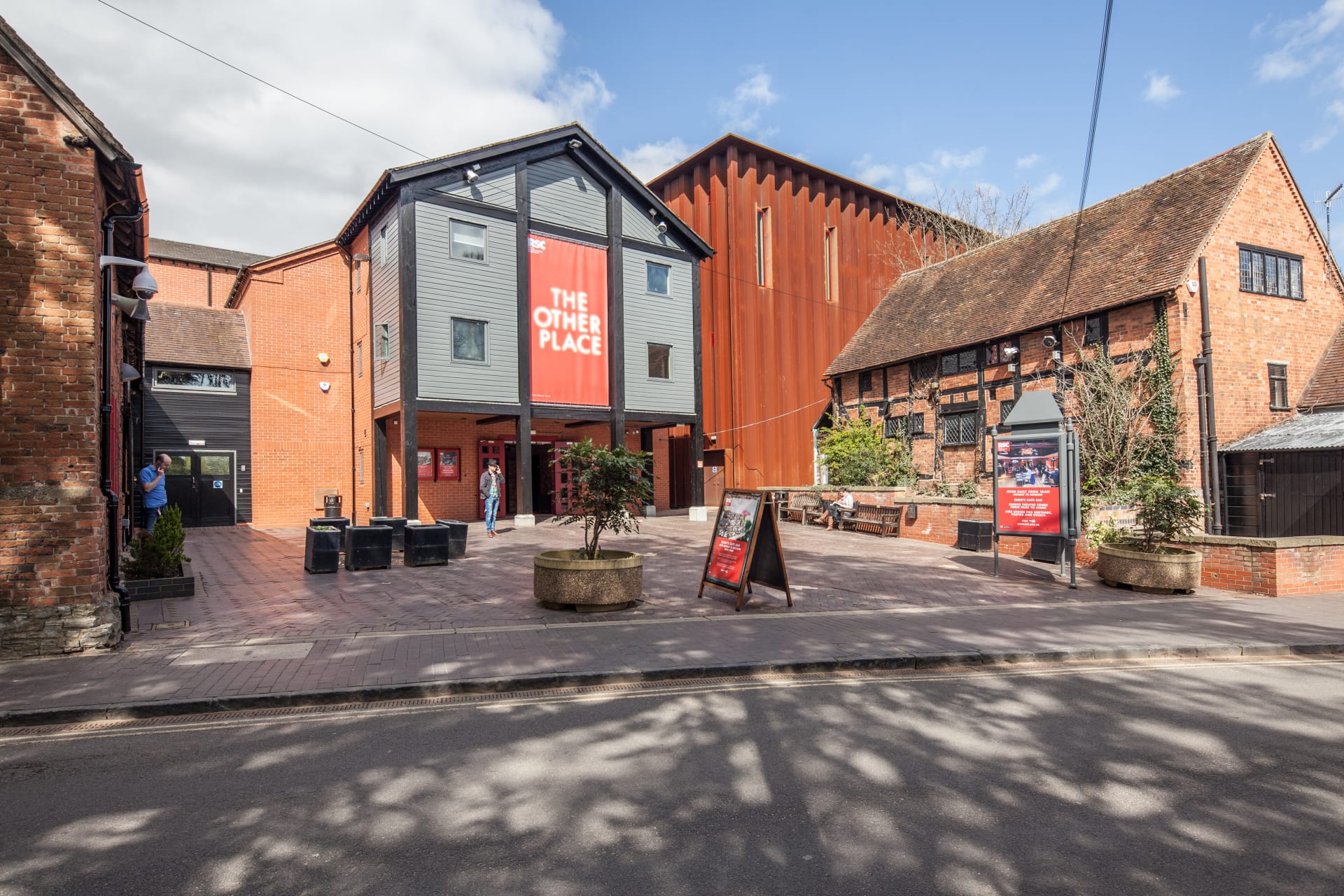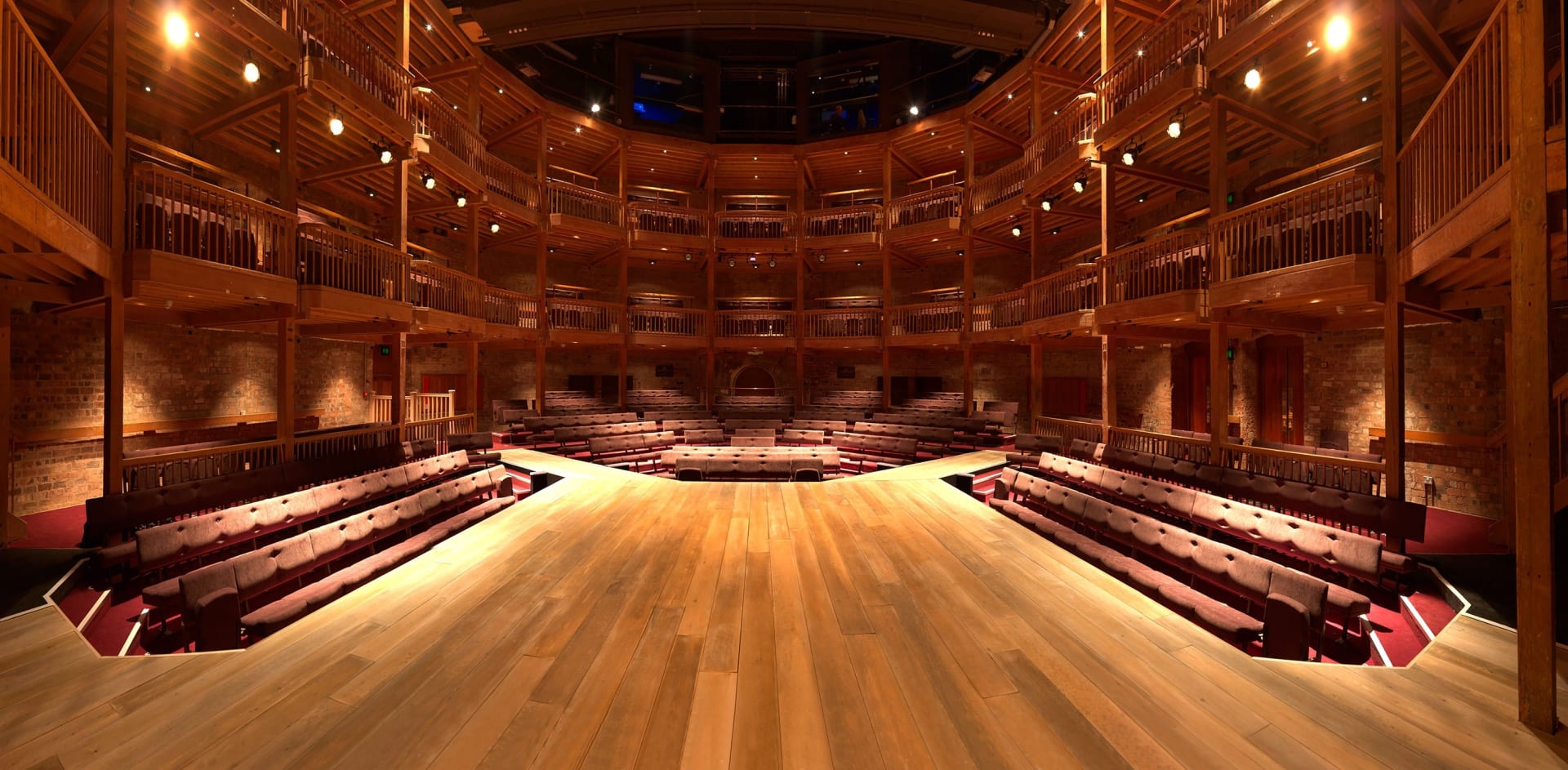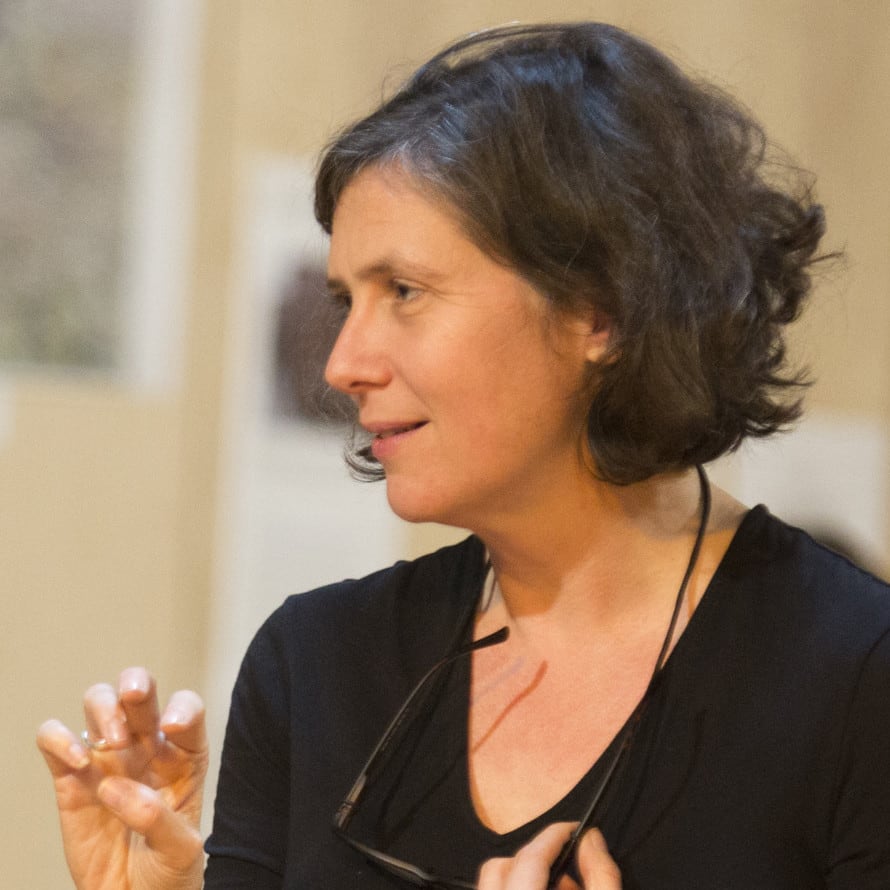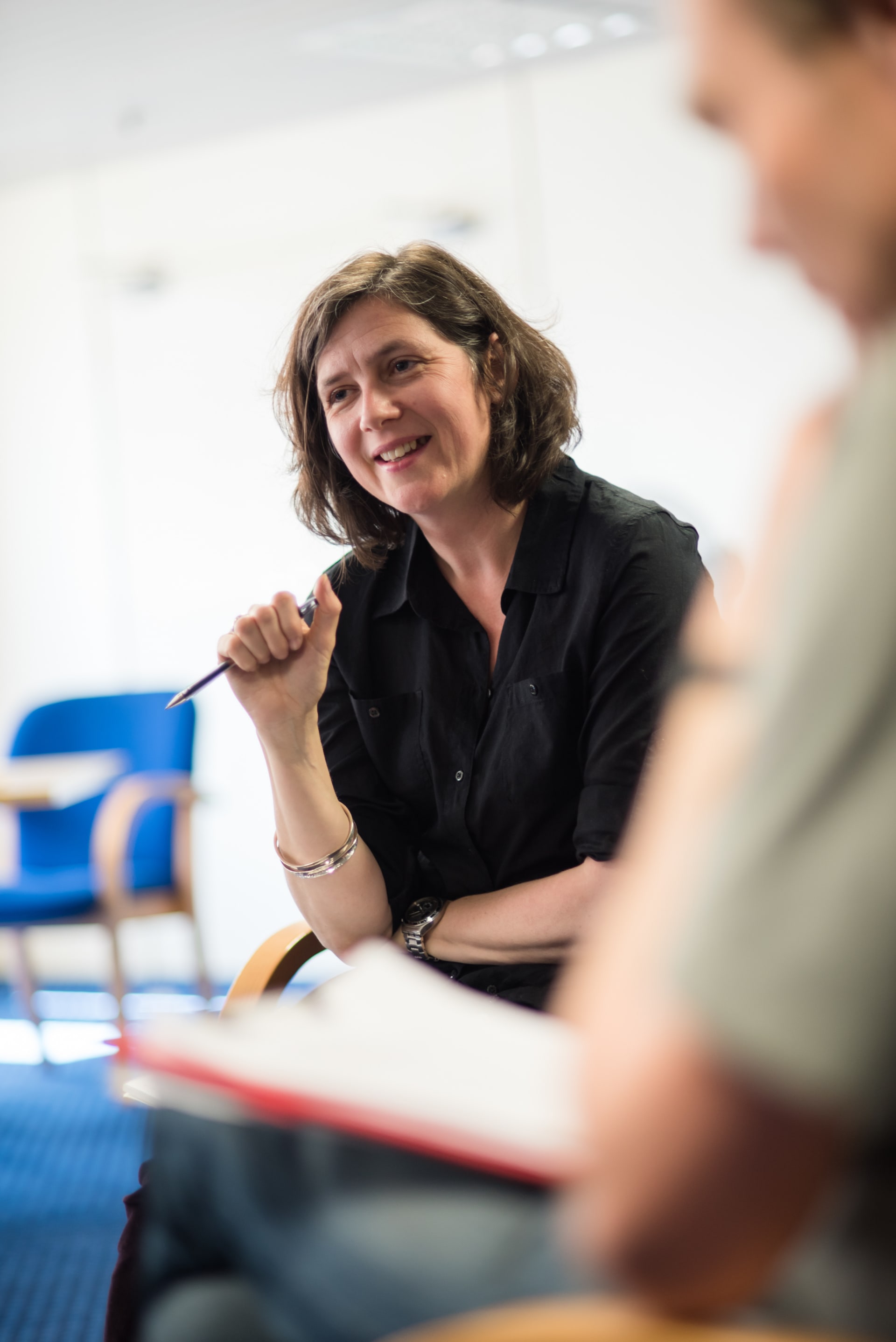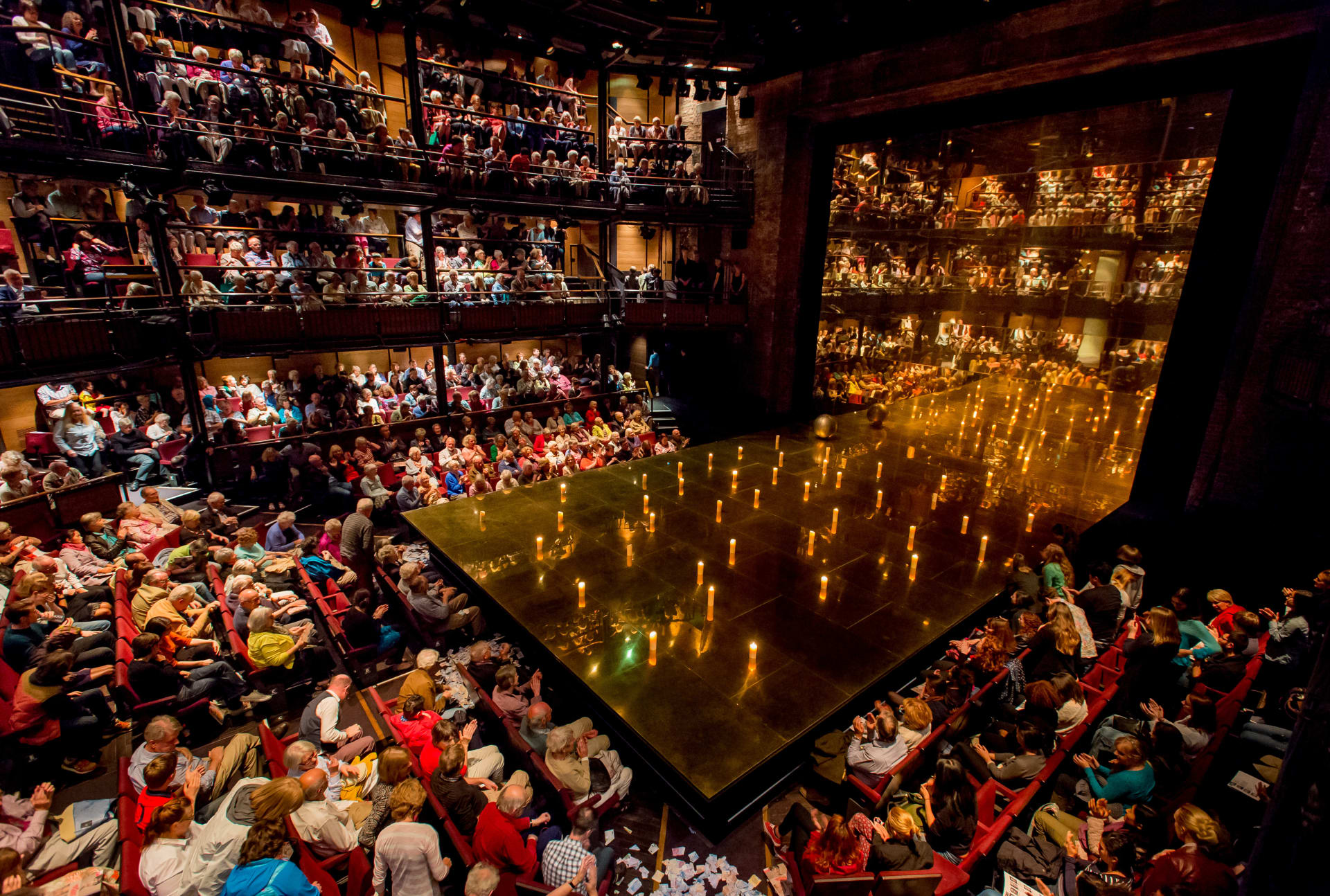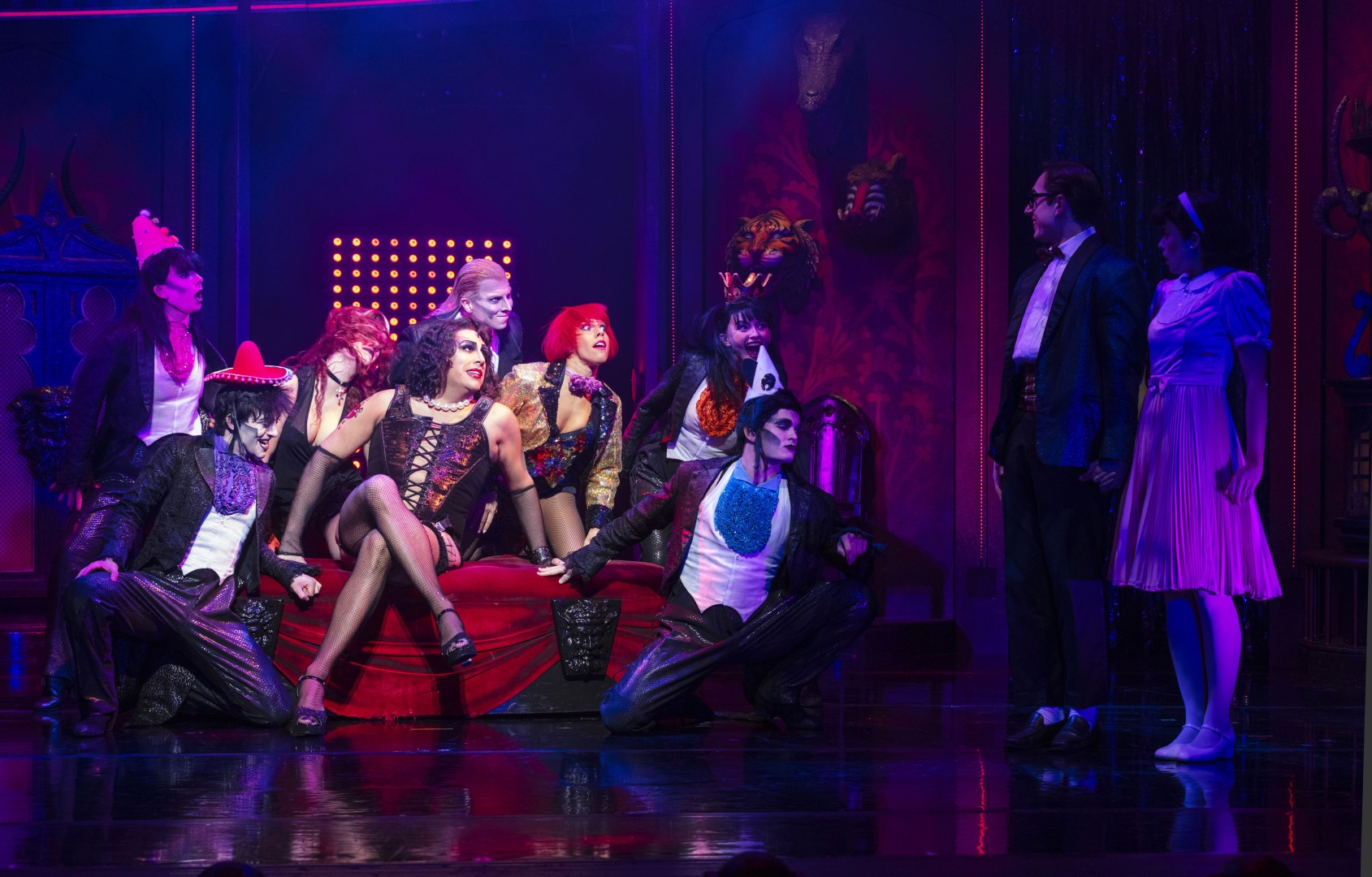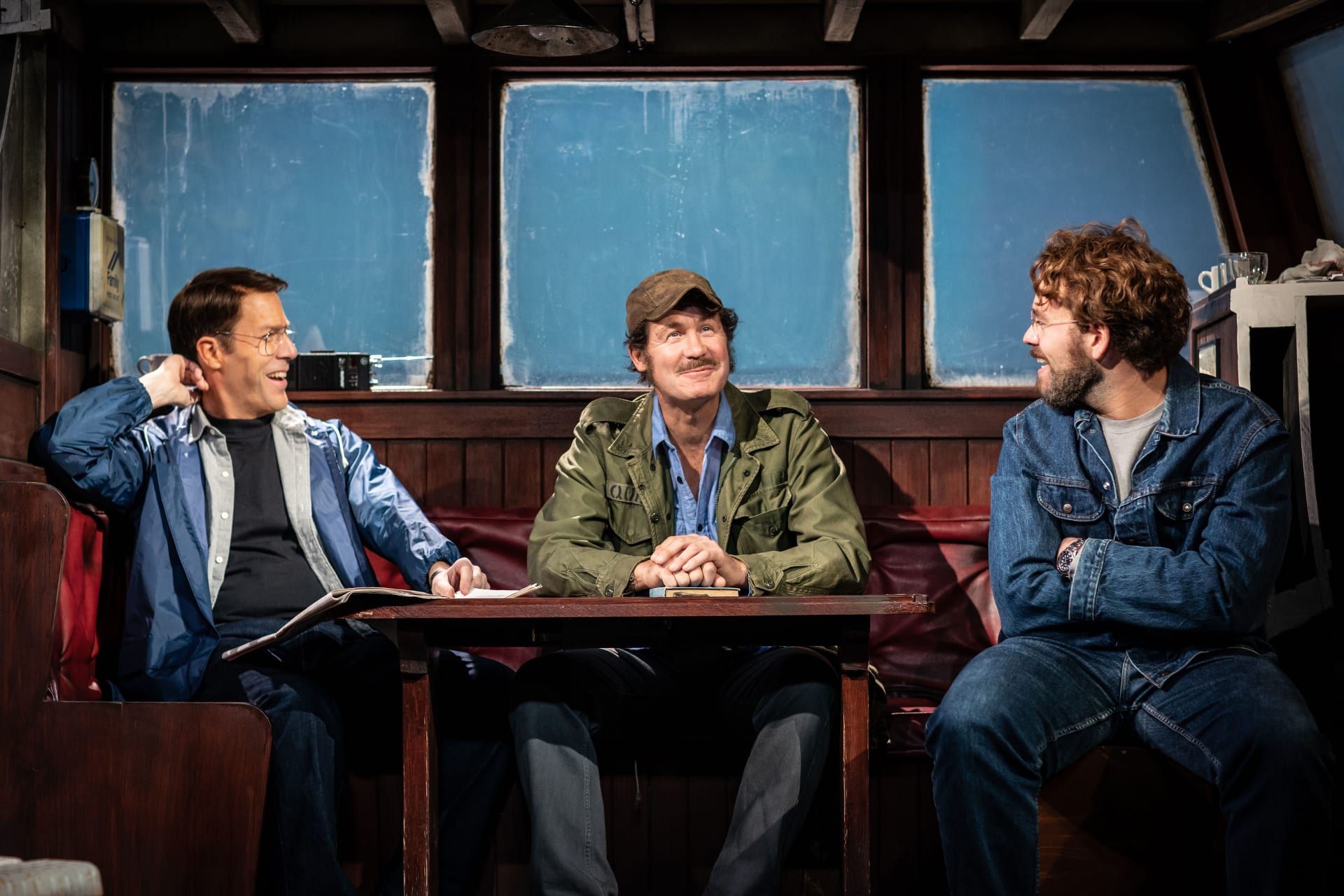Erica Whyman, deputy artistic director of the RSC and vice chair of the Coventry City of Culture Trust, talks to Sam Bennett about directing The Winter’s Tale and the ways in which its author might be regarded as a feminist.
“I am somewhat run of my feet but that’s what the end of January is often like, isn’t it?” says Erica Whyman, referencing that beginning-of-year illusion, where you feel you can do anything and everything. With The Winter’s Tale rehearsals starting the first day back this year, she thought she could make that the centrepiece around which all her other commitments would have to fit. “In spite of the fact I’ve been an artistic director for 21 years, I still haven’t got used to the fact that’s not how it works, you’re just doing all of it. I hit week three and went, ‘you’ve got to be joking – have I always done this? Is this how it goes?’”
So, how does the deputy artistic director of the RSC end up directing a specific play within it? Whyman, artistic director Gregory Doran, someone from outside the organisation… how is it decided who’s going to be at the helm? “Greg and I talk about who’s directing all of the work, and I’m often suggesting someone new to the company.” Her colleague has a list of directors who may have led shows in the RSC’s Swan Theatre, who he’d like to take on a Shakespeare play in their main house, the Royal Shakespeare Theatre. “There’s a lot of toing and froing,” she says, “and occasionally he’ll surprise me with a really brilliant left-field idea and sometimes I’ll be super-conventional.”
When she joined the company seven years ago, she wasn’t sure how much Shakespeare she’d get to direct, “because I have something of a reputation for new work as well as 20th century classics, and there was a raft of Shakespeare directors.” But in her first year the artistic director asked if she’d direct A Midsummer Night’s Dream, her “passion for making sure we are national in a meaningful way” befitting the production, the tour of which involved 14 amateur theatre companies and almost 600 schoolchildren from across the UK. The near impossibility of the task attracted her and Dream went on to “solidify a new set of national partnerships for us”.
After that, “I found myself in a conversation with Greg that I’m very happy to be in, about directing the work that tours.” Romeo and Juliet was a good fit for last year, she says, the popularity of the title a means of reaching young audience members. Insofar as The Winter’s Tale goes, having directed it in 1999, she told Doran she’s always wanted to do so again. Given his belief The Winter’s Tale should tour, he was happy with the idea. The play mixes the “very sharp political resonance” of Romeo and Juliet with Dream’s “joyful fairytale elements”. It suits spectators who are perhaps new to Shakespeare, she says, a higher percentage of which attend their productions when outside London or the RSC’s home of Stratford-upon-Avon.
The former artistic director of Newcastle’s Northern Stage was also unsure how much Shakespeare she was going to direct because of her focus on reopening The Other Place, the RSC venue which closed in 2006. She achieved this in just two years, “which by RSC standards is pretty extraordinary”. She still leads on the studio theatre’s programme, taking it some distance before letting Doran know what it comprises. “I manage the literary team here, we’re very hands-on with what work might be in The Other Place. We’ll develop four or five commissions and when I’ve got down to the two I want to produce in a festival, I’ll share them with Greg.” She used to direct more in there, before her increased activity in the Swan and RST, which has allowed the 50-year-old to “bring through younger talent than me into The Other Place. I directed a couple of shows in the first year or two because I wanted to really understand the space, and I love directing in studios, but that space belongs to the next generation of artists.”
She feels at home working in the Swan, its energy a reminder of London’s Gate Theatre (where she was artistic director). She says it’s like “a studio with great height so you can dare to do quite theatrical things. It responds very well to heightened language – whether that’s renaissance language, early modern language or new plays that experiment with language.” She directed Hecuba there in 2015, A Marina Carr-written version in the third person. “It responds very well to grand gestures in the language but doesn’t need big sets, big visual statements.” She’s a big fan of the RST’s thrust though. “Shakespeare’s plays have a very grand vista and detailed intimacy, so the combination is really wonderful in there. You can make something very delicate happen between two people, you can also conjure the Gods, a storm or a bear and the space will go with you.”
This year the RST houses three offerings (The Winter’s Tale, The Comedy of Errors and Pericles) connected by the Mediterranean Sea, which “held a kind of allure for Shakespeare. I think it signified lots of things.” His interest in more foundationally Catholic countries, she says, is present in the play she’s directing. “He’s also really interested in travel and migration and we’ve got to remember that by the time he writes Winter’s Tale and Pericles, he’s firmly embedded in Southwark, when London is exploding with trade and therefore all sorts of migration. He’s exposed to people from all over the world. I think he’s really interested in what the tensions and hypocrisies are in that.”
Moreover, “the sea has a kind of mythical power. In The Winter’s Tale the sea is one of three very powerful expressions of nature (the other two being the weather and the bear). Shakespeare comes back to this in many of the plays – it’s firmly in Dream, As You Like It – the sense that we mortals are not really in charge of our destiny, and if we mess up and start getting above ourselves, nature will take trouble to avenge us.” For Comedy, director Phillip Breen uses a Dubai-like setting, “or somewhere on the other side of the Mediterranean, where it’s incredibly fast-moving and global. As a result it’s hasty and great farce, and absurdity arises from that.” Blanche McIntyre is concerned with the migrant experience, she says, and its disempowering indignities, “written through Pericles in a horribly contemporary way”.
In the Swan this year, three plays come part of an RSC project about our relationship to Europe, which I suggest ties in with the above Shakespeares. “Programming is about providing lots of contrast,” she says, “so on the one hand I think these plays will feel very different to the work we’re making in the Swan. However, I think you’re right, that in a way these three plays are all exploring what it is to be of this bit of the world; the Mediterranean stretching (as indeed the Europe season does) up into England. He’s asking those questions: what is it to be of a place? Does it matter? Does it change who you are? Where is home? Is home where you’re loved?” Today Europe is changing, she says, its residents trying to figure out if they need to stay somewhere for which they need an application, having been there for decades. “Shakespeare was also living in a changing Europe, where the definitions of what the world was were changing very fast, and these plays express that.”
It’s some time before I even ask how her rehearsals are going. “Good, thank you, really good.” Her cast are “a wild range, from all sorts of different backgrounds as the play demands, and hugely skilled”. Joseph Kloska (“very charismatic”) returns to the RSC in the guise of Leontes, as does Andrew French (Polixenes) who played Friar Laurence in Whyman’s Romeo and Juliet. Zoe Lambert and Alice Blundell, who she worked with at Northern Stage, play the Shepherdess (traditionally the Shepherd) and Dorcas respectively. Two of her actors are deaf, Bea Webster (Emilia) and William Grint (Young Shepherd). “I find the language in Winter’s Tale so delicious, elaborate and expressive, and actually seeing it in a really clear version of BSL – so that it’s accessible to hearing audiences – feels thrilling, like unpacking the language in a new way.”
In answer to the “very delicate question” about gender equality in theatre, she says the RSC has quite quickly moved to seasons in which 50 percent of the directors are women, with its rehearsal rooms “broadly 50/50, certainly mine are, and [there’s an increasing] feeling that that is the new ‘normal’. So, on the ground I feel very excited, and of course I’m aware of some amazing appointments of young women – including a number of women of colour – into artistic director positions in London, which is great. It feels like there’s a tremendous cohort of women, of a number of generations, and that we’re not in a tokenistic bubble that’s gone, ‘right, let’s do something about women this season and then let’s not do it again.’”
But for her the stats, particularly in regards to writing, are not so encouraging. Plus, the industry makes it difficult for freelance directors, “whether they’re men, women or define themselves otherwise, to be parents or carers. The net effect of that is we lose more women to parenting. They can’t afford to come back.” The next generation, she says, holds relentless and demanding women, resulting in the parity she sees in her own organisation. “But it’s not done yet, not by a long way.”
She’s currently directing “Shakespeare’s most feminist play. He effectively sets up a world led by men – a very straightforward monarchy structure, a patriarchy – and disables it. One man falls apart subject to appalling, compulsive, paranoid jealousy, and the way he enacts that on the rest of his court is fascistic.” In his quest for female exclusion, she explains, Leontes “puts his wife in jail, and refuses entry to Paulina, who of course isn’t having it and comes in anyway, but the language in that scene is very much of panicked misogyny that I see reassert itself every time power is under threat or trying to reassert itself in a masculine way. And what Shakespeare does so brilliantly is give the play back to the women, completely. They take charge of the narrative, the language. Leontes is brought to see the truth and apologises in public – I don’t see that often enough, it feels absolutely radical for a very powerful man to say, ‘I was completely wrong and you were completely right.’ And the story ends with the women in charge of a semi-magical fairy story that challenges us all to have faith that love and repentance are possible.”
As well as regendering the Shepherd, her Autolycus is played by the “wonderful” Anne Odeke, making for a cast that is 50 percent female and 50 percent male. “So Shakespeare was moving in our direction with this play and it really feels like a tale for our times in that sense.” Written in 1611 – with Queen Elizabeth still “very large in everybody’s imagination and memory” – The Winter’s Tale could have been penned as a recognition of female power. Shakespeare also often problematises, she states, “this terrible fear in men that women will disarm them, and usually they either don’t disarm them or the man discovers that being disarmed is not a bad thing. Hamlet and Ophelia, Romeo and Juliet, Benedict and Beatrice; it runs through the plays, this idea that power and courage might not be distributed in the way we instinctively think. He’s interested in how we’re none of us what we first seem, and no box is going to be big enough for us. That’s a form of feminism.”
Surely one worth being run off your feet for.
The Winter’s Tale will perform at the Royal Shakespeare Theatre in Stratford-upon-Avon. At time of writing, owing to the coronavirus pandemic, the RSC’s theatres are closed. A revised performance schedule for the production, when known, will be announced on the RSC’s website.

